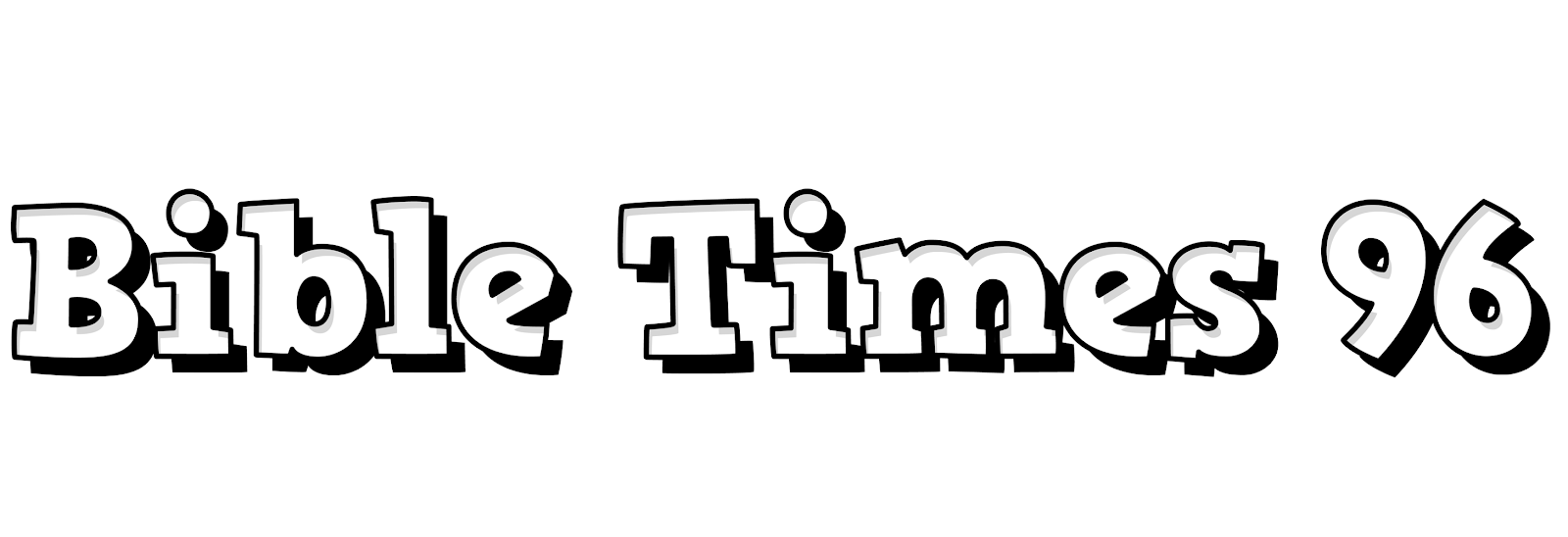Thematic collection of the Book of Nahum (Bible)
1. God's Justice and Vengeance Against Evil
Key
Verses: Nahum 1:2–3, 1:6, 1:8
God is portrayed as a jealous and avenging God
who punishes the wicked.
His wrath is not impulsive but measured and
righteous.
The destruction of Nineveh is a consequence of
accumulated evil.
2. The Power and Sovereignty of God
Key
Verses: Nahum 1:3–5, 1:14
God controls nature—storms, earthquakes,
seas—as symbols of His authority.
He decides the fate of nations and commands
history.
3. Destruction of Nineveh (Judgment Prophecy)
Key
Verses: Nahum 2:1–13, 3:1–19
A vivid description of Nineveh’s downfall—a
once-mighty city reduced to ruin.
Military imagery, fire, flood, and symbolic
references emphasize total defeat.
Nineveh, the capital of Assyria, is judged for
violence, lies, and oppression (3:1).
4.
Comfort for God’s People (Judah)
Key
Verses: Nahum 1:7, 1:12–13, 2:2
While the enemy is destroyed, Judah receives
hope.
God promises relief from oppression and
restoration of dignity.
5.
The Certainty and Finality of God’s Judgment
Key
Verses: Nahum 1:9, 3:19
God’s judgment is decisive and irreversible.
Nineveh's wound is incurable (3:19), and no
one grieves for her.
6. The Fall of Arrogance and Pride
Key
Verses: Nahum 3:4–7, 3:8–10
Nineveh’s pride and seductive power are
condemned.
She is likened to Thebes, a great city that
also fell despite her strength.
7.
The Role of God as a Warrior and Defender
Key
Verses: Nahum 2:1, 3:5
God is seen as a Divine Warrior who takes
action against wickedness.
He defends His people and fights for justice.
8.
The Transience of Human Power
Key
Verses: Nahum 3:16–17
Earthly power, wealth, and armies are
fleeting.
Nineveh’s might fades like locusts in the
sun—here today, gone tomorrow.








